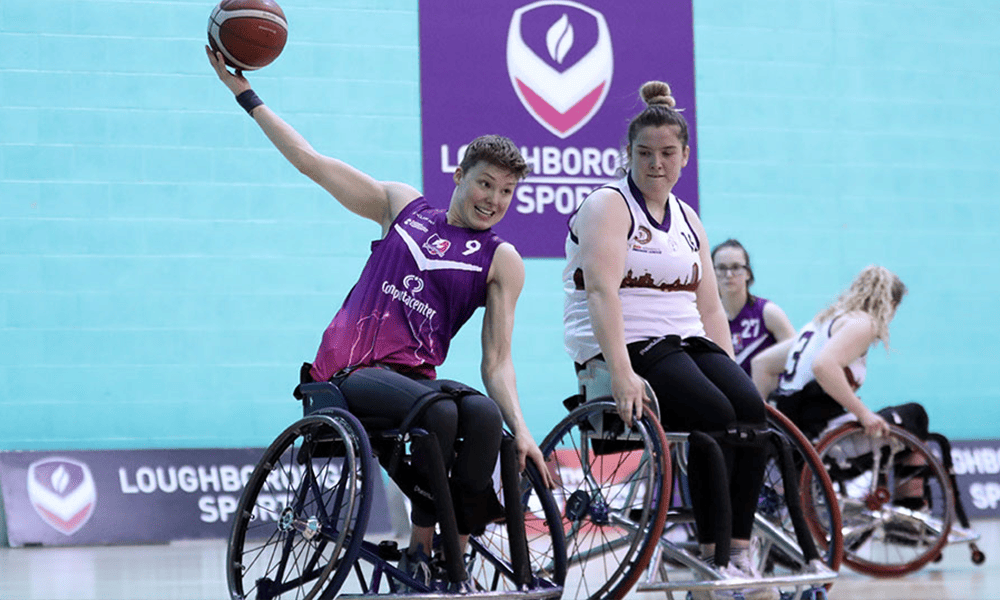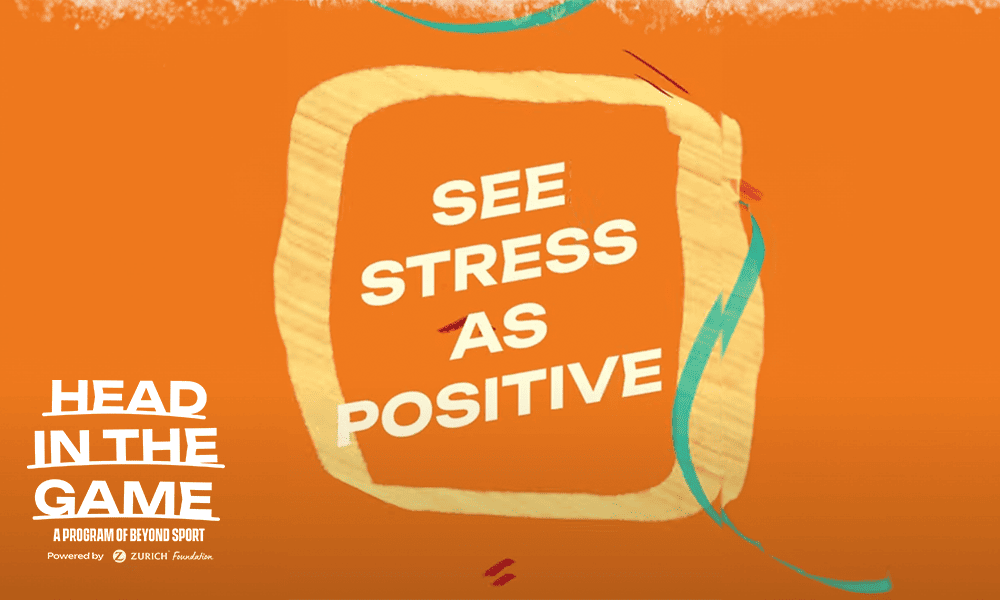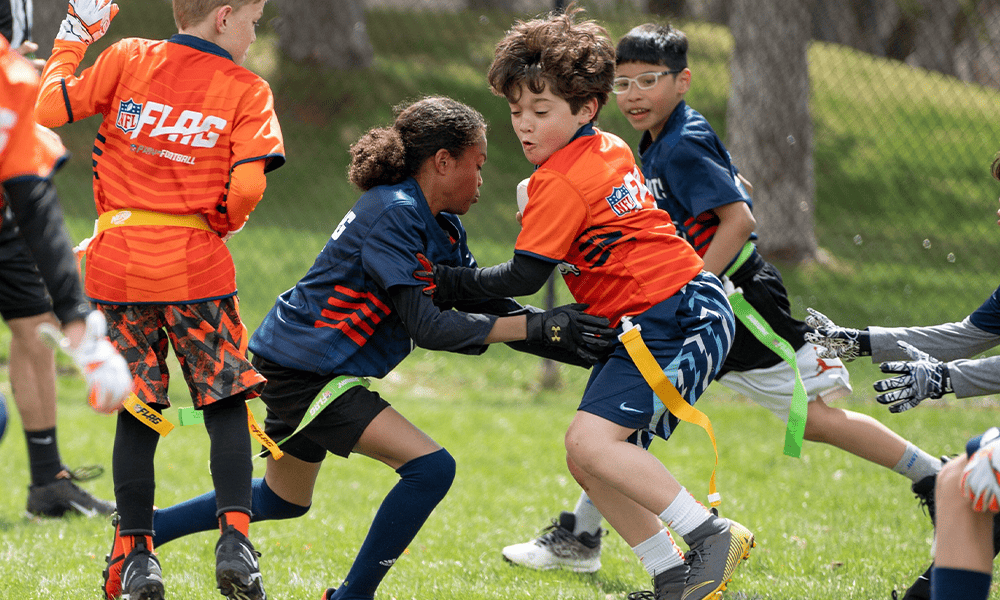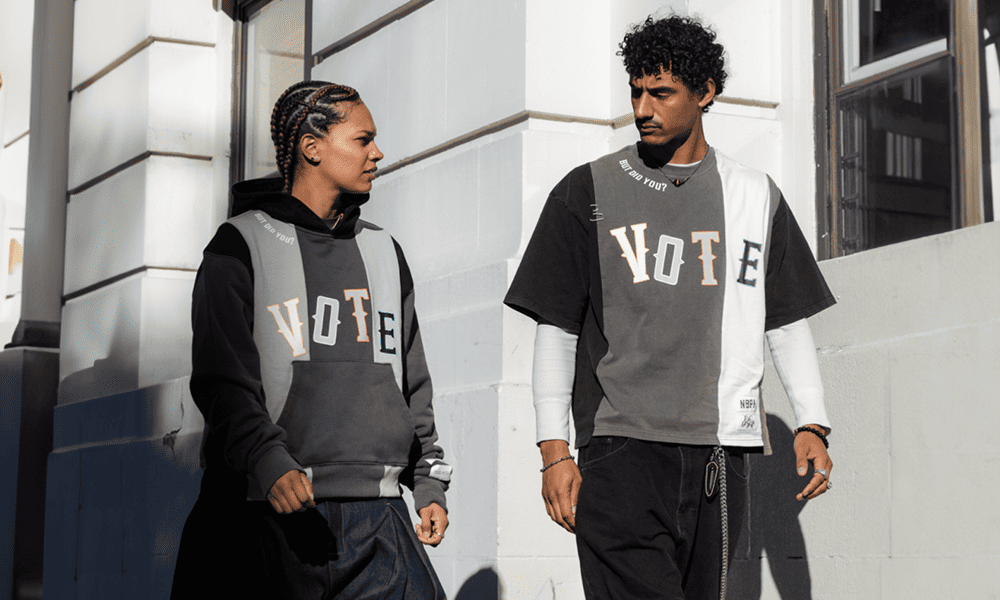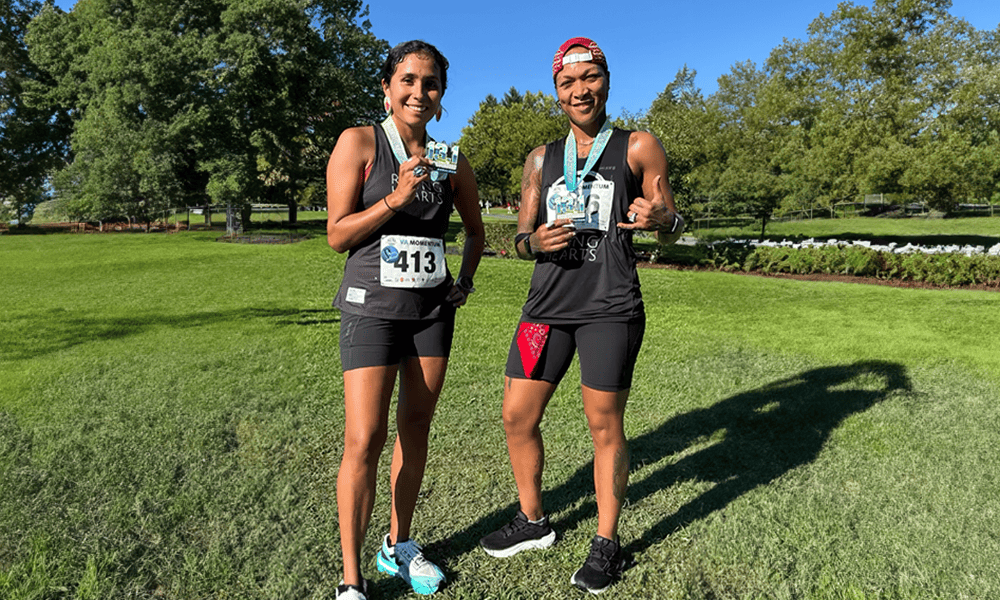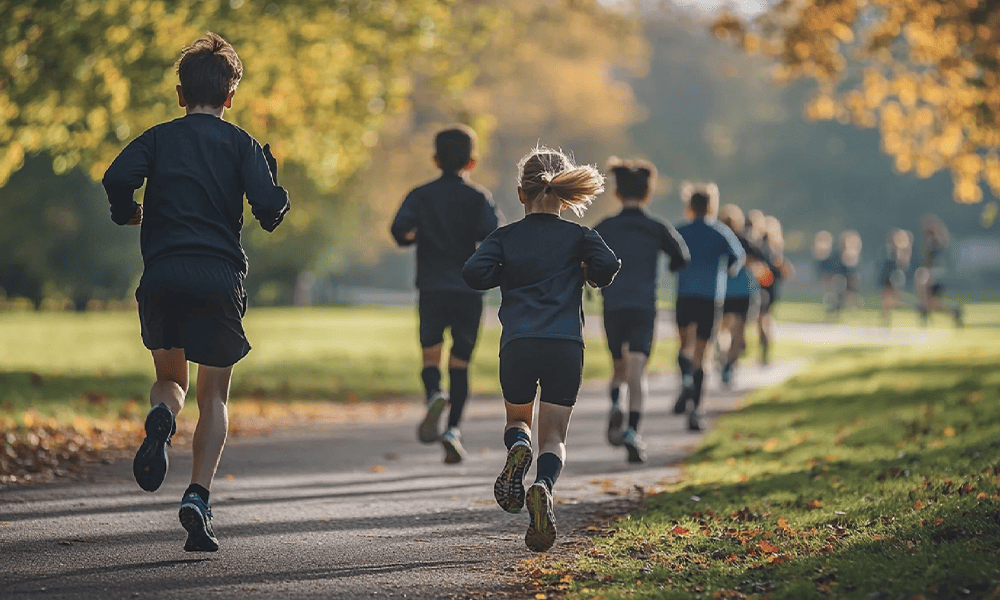October 21, 2022
The International Olympic Committee (IOC) is continuing to expand its services to help athletes manage their mental health, with new tools added each year. Recently, it launched a new online course focused on the importance of sleep and its impact on performance.
The course is available on Athlete365, the IOC’s platform supporting more than 130,000 professional athletes and entourage members on and off the field. It encompasses a range of advice services and tools, with a particular focus on wellbeing.
Athlete mental health is a key priority for the IOC. Last year, it announced two initiatives to “inspire and support the Olympic Movement in fostering safe sport and athlete wellbeing worldwide by 2030.” Both projects are part of the practical implementation of Recommendation 5 of Olympic Agenda 2020+5, which is part of a commitment to developing programs and initiatives to ensure that every athlete can train and compete in a safe sporting environment.
A survey conducted in 2022 among the Athlete365 community showed that one-in-five athletes had suffered poor mental health in the last year. And research undertaken in 2021 revealed that anxiety and depression alone affect around 34% of current elite athletes and 26% of former elite athletes. About 35% of elite athletes suffer a mental health crisis, which may manifest as stress, eating disorders, anxiety, depression or drug use.
Throughout October, a dedicated campaign will explore four common mental health challenges among athletes including anxiety, depression, establishing mental health routines and transitioning out of sport and their connection to sleep.
For athletes competing at the highest level of their sport, sleep is a priority for optimal recovery. The new “Sleep to Compete” online course – available for free to all members of the Athlete365 community – will provide participants with the necessary tools and strategies to improve their sleep routine. Athletes and supporting members will be able to gain a comprehensive understanding of the benefits of restorative sleep, and the importance of adopting a holistic approach towards mental health.
After completion, they will continue to receive exclusive tips and advice to support positive sleep, delivered to their inbox. Athletes have also been sharing their own top tips for sleep with the global athlete community. “Nowadays, I follow the same routine before I go to bed,” revealed Spanish Olympic basketball medallist and IOC Athletes’ Commission member Pau Gasol. “I brush my teeth; I turn off all technology; I turn off all the lights. I like to read sometimes, too. I also like to meditate for five-to-10 minutes in darkness to decompress. Usually, right after that, I fall asleep immediately.”
The Sleep to Compete course is the latest tool added to Athlete365’s #MentallyFit resources, which also includes advice from experts and first-person testimonies from athletes around different aspects of mental health, and a webinar delivered by IOC Mental Health Working Group Co-Chair Dr Claudia Reardon.
During the Olympic and Paralympic Games Tokyo 2020 and the Olympic and Paralympic Winter Games Beijing 2022, competing athletes were able to access the Mentally Fit Helpline for the first time ever. Developed by the IOC and the International Paralympic Committee (IPC), it provided athletes with a confidential and professional mental health support service before, during and up to three months after the Games had concluded. The Helpline is the latest in a series of developments led by the IOC Mental Health Working Group.
The Committee is also encouraging Olympic Movement stakeholders to develop initiatives that contribute to an elite sport environment that supports athlete well-being.

